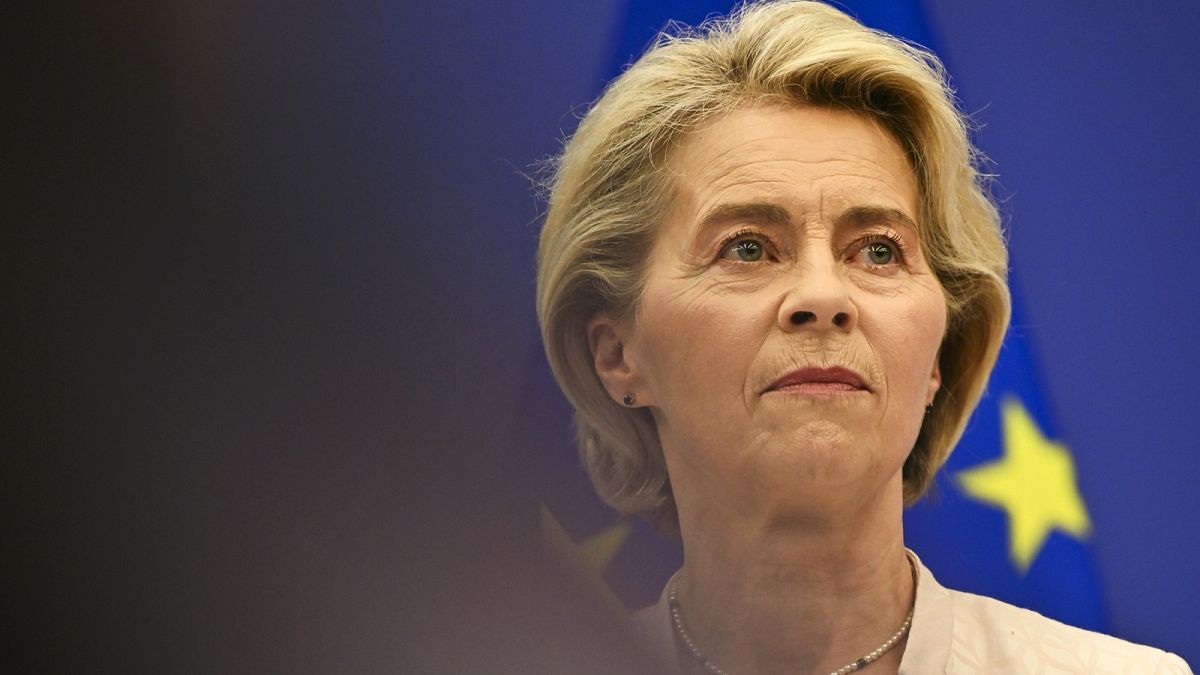The upcoming decision in Brussels regarding additional import tariffs on Chinese electric vehicles has the potential to shape Ursula von der Leyen’s China policy. The European Union is set to vote on a proposal that aims to address the flood of cheaper Chinese electric cars in global markets due to substantial state subsidies. This investigation into China’s EV industry revealed significant subsidies that pose a threat to European firms and millions of jobs in the bloc. As a result, the EU has proposed additional tariffs to counteract these subsidies and level the playing field between China and the EU.
The vote scheduled for Friday morning will see member states deciding on the implementation of these extra duties for the next five years. Qualified majority rules apply, requiring approval from 15 countries representing at least 65% of the bloc’s population. Failure to reach a decision may lead to the Commission invoking its trade powers to break the impasse. The final deadline for a decision is October 30, as mandated by the anti-subsidy investigation. The stakes are high for von der Leyen and her administration, as the outcomes of this vote will serve as a referendum on the EU’s China policy and her leadership.
Germany, traditionally advocating for a conciliatory approach towards Beijing, has seen its influence in EU-China policy diminish with France, Italy, and other countries supporting the proposed tariffs. While German Chancellor Olaf Scholz emphasizes the need to protect the economy from unfair practices, the pushback from other EU nations signals a shift in Germany’s influence. The influence of the Greens in the coalition was seen as a potential change in policy towards China, but the pressure from industry and economic concerns has dampened Germany’s resolve to stand up to China.
Amid Beijing’s denouncement of the investigation as protectionism, they have engaged in talks with Brussels to avoid additional tariffs on Chinese electric vehicles. China has explored options like setting minimum prices for electric cars as a potential solution to the issue. Chinese officials have also lobbied European countries to reject the tariffs, with Germany being a critical player due to its economic ties with China. Spain’s recent call to reconsider the proposal highlights the high-level diplomacy and negotiations surrounding this decision.
The vote on the tariffs represents a pivotal moment for EU-China relations and underscores the broader geopolitical tensions between the two entities. The decision will not only impact the electric vehicle market but also serve as a litmus test for the EU’s ability to stand against unfair trade practices. The outcome of this vote will have far-reaching implications for the future of EU-China relations and will be closely watched by stakeholders on both sides. The vote, which will determine the next steps in addressing China’s state subsidies in the electric vehicle industry, highlights the complexities of managing trade relations in a globalized economy.
The decision to impose additional tariffs on Chinese electric vehicles reflects the EU’s commitment to fair trade practices and protecting European industries from distortions caused by state subsidies. The investigation into China’s EV sector has uncovered extensive financial support from Beijing, threatening the competitiveness of European firms and millions of jobs. By proposing these tariffs, the EU aims to address the unfair advantage given to Chinese carmakers and prevent further market distortions. The vote on these tariffs will test the EU’s resolve in standing up to China’s trade practices and its ability to safeguard its economic interests in a global context.











